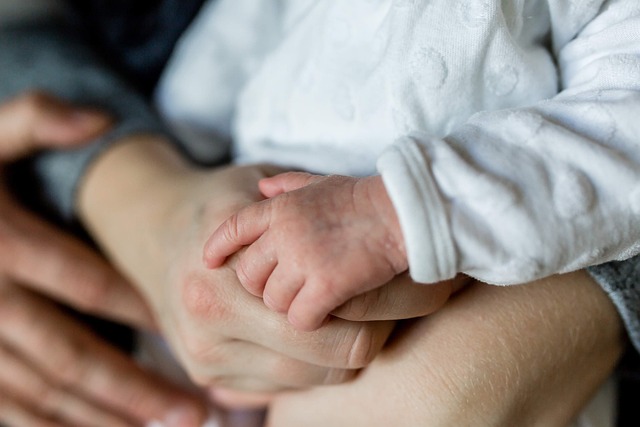Child Protective Services (CPS), led by agencies like DHS in Oregon, are crucial for child safety. Lane County focuses on improving navigation of CPS challenges through specialized child welfare legal services, balancing state protection duties with parental rights under Oregon family law. These services empower parents and advocates to understand their roles, ensuring fairness. Lane County Child Advocacy centers serve as support pillars, offering medical exams, therapy, and legal advocacy while integrating parental rights protection for positive case outcomes in DHS child welfare cases.
Navigating complex legal systems and child protective services (CPS) can be challenging for families involved in DHS child welfare cases. Understanding your parental rights and protections is crucial. This article explores the intricate relationship between CPS, legal frameworks, and the vital role of specialized child advocacy centers like Lane County Child Advocacy in Oregon family law. By delving into these aspects, we aim to empower parents and foster a better connection between legal services and child welfare outcomes.
- Understanding Child Protective Services and Legal Frameworks
- Navigating Parental Rights and Protections in DHS Cases
- Lane County Child Advocacy: Supporting Families Through Legal Expertise
Understanding Child Protective Services and Legal Frameworks

Child Protective Services (CPS), often led by agencies like DHS in child welfare cases, play a pivotal role in ensuring the safety and well-being of vulnerable children. Understanding the intricate legal frameworks that govern these services is essential for both professionals and parents involved in Oregon family law. The balance between CPS’s duty to protect children and respecting parental rights forms the core of these complex dynamics.
In Lane County, child advocacy initiatives work towards enhancing collaboration among various stakeholders, including legal experts, to navigate the challenges inherent in CPS cases effectively. By delving into the child protective services law, parents can better comprehend their rights and obligations, while legal professionals can offer specialized child welfare legal services tailored to these unique circumstances. This knowledge is crucial when navigating the DHS child welfare cases, ensuring all parties are protected under Oregon family law.
Navigating Parental Rights and Protections in DHS Cases

Navigating Parental Rights and Protections in DHS Cases is a critical aspect of any child welfare legal services engagement, especially within DHS child welfare cases. In Oregon, parents have specific rights and protections enshrined in the Oregon family law and child protective services law. Understanding these rights is crucial for both parents and advocates as it enables informed decision-making throughout the process.
In Lane County child advocacy, parental involvement is a cornerstone of successful case outcomes. Parents are entitled to be present during meetings, receive notices, and have legal representation. The law also guarantees the right to challenge any allegations made against them, ensuring a fair and just process. These protections aim to balance the state’s responsibility to protect vulnerable children with the fundamental rights of parents to raise their offspring.
Lane County Child Advocacy: Supporting Families Through Legal Expertise

In Lane County, Child Advocacy centers play a pivotal role in supporting families navigating complex child welfare legal services. These specialized facilities provide a safe and supportive environment for children who have experienced abuse or neglect, offering comprehensive services that include medical examinations, therapy, and legal advocacy. By integrating parental rights protection into their approach, these centers ensure that both the child’s needs and the family’s rights are rigorously upheld throughout DHS child welfare cases.
The expertise of advocates at Lane County Child Advocacy extends to understanding the intricacies of Oregon family law, enabling them to guide families through the legal process with empathy and competence. Their work is instrumental in facilitating positive outcomes, whether it involves family reunification, custody arrangements, or ensuring the child’s safety and well-being. Through dedicated support and legal expertise, these advocacy centers strive to revolutionize child protective services, fostering a more compassionate and effective system for all involved.






